About Us
HypOnFjordFish is led by Dr. Anne Gro Vea Salvanes at the University of Bergen, and involves an international team of collaborators, including members from the Scripps Institution of Oceanography at UC San Diego, SUNY College of Environmental Science and Forestry in New York, the Institute of Marine Research in Bergen, and the University of Oslo.
Since 2011, PI Anne Gro Salvanes has run the annual graduate field course in Marine Ecological Field Methods, which takes students on annual research visits to Masfjorden and other neighboring fjords. Repeated visits to Masfjorden led to the serendipitous discovery of the loss of oxygen from the basin water of the fjord, and that the fjord turned hypoxic in 2016. The research questions of the project HypOnFjordFish originate from the Masfjorden-findings. Meet members of the HypOnFjordFish research team below.
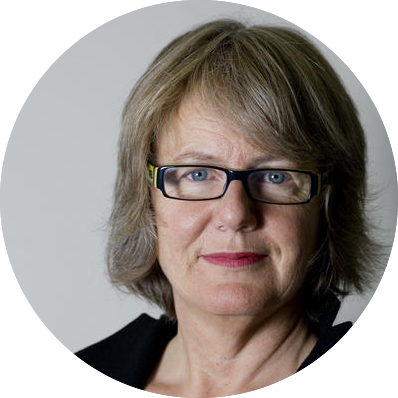
Anne Gro Vea Salvanes
Primary Investigator
Anne Gro is a professor in Fisheries Biology at the Department of Biological Sciences at the University of Bergen. Anne Gro received her Cand. Mag. Degree in Mathematics and Natural Sciences and her Master of Science and PhD in Fisheries Biology – with theses in marine ecology – from the University of Bergen.
Her main research interests are on environmental influences on fish and ecosystem functioning. Through fieldwork and experimental methods, she has studied the biology and ecology of hypoxia tolerant fish in upwelling ecosystems, how nursery environments shape juvenile cod and salmon behaviors as well as life history of mesopelagic fish.
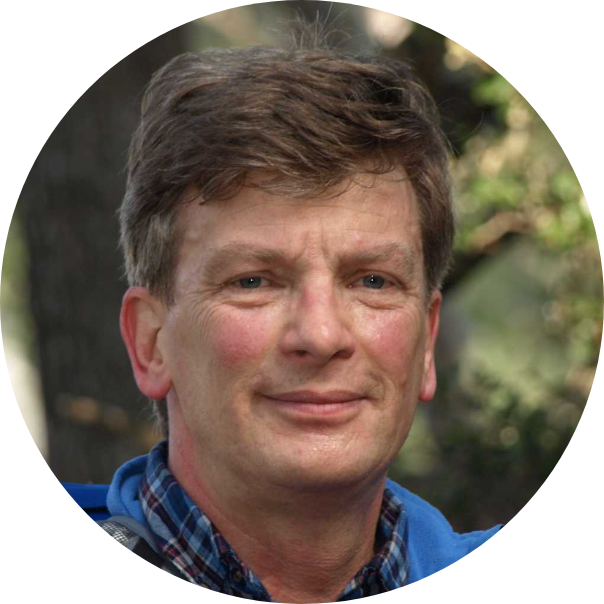
Arild Folkvord
Primary Investigator
Arild is a professor in the Department of Biological Sciences at the University of Bergen and is part of the Fisheries Ecology and Aquaculture research group. His research focus is on growth and survival mechanisms in the early life of fishes.
The research is experimentally oriented, and covers aspects of marine juvenile production and process oriented recruitment studies.
Recently he has also been studying marine fish populations and their adaptations to native environments, using both genetic markers and information derived from otoliths.

Arved Staby
Primary Investigator
Arved is a research scientist at the Institute of Marine Research in Bergen. His main research interests are in marine and fish ecology, as well as fisheries biology. He is particularly interested in how marine organisms are able to change their distribution and behavior in response to changes in their environment.
Understanding how environmental variation and human factors, such as fishing, may influence the ecology and biology of fish, can provide valuable information for future management of marine resources. The main data sources in his studies are in situ net-based biological catches and acoustic measurements.
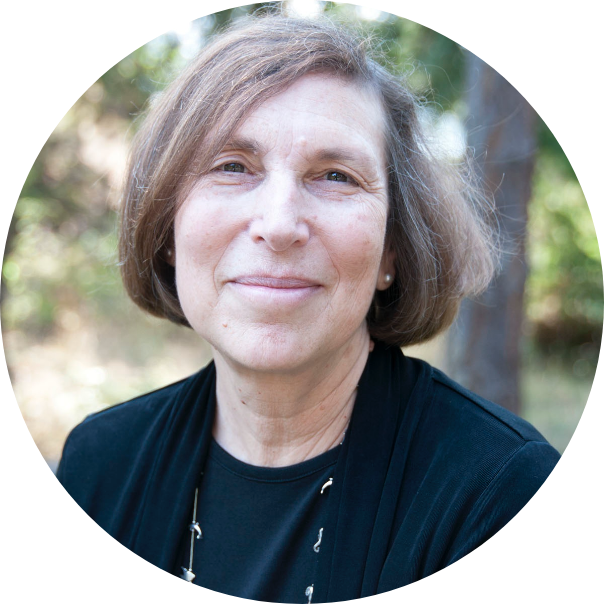
Lisa Levin
Primary Investigator
Lisa is a Distinguished Professor of Biological Oceanography at the Scripps Institution of Oceanography at UC San Diego. She is founder and co-lead of the Deep-Ocean Stewardship Initiative, which seeks to integrate science, technology, policy, law and economics to advise on ecosystem-based management of resource use in the deep ocean. She also helped establish and co-leads the Deep Ocean Observing Strategy, a program within GOOS. She is active in bringing climate science to policy and contributes to IPCC reports.
Her current research interests include biodiversity of continental margin ecosystems, and the effects of climate change (especially ocean deoxygenation) and human impacts on the deep ocean.
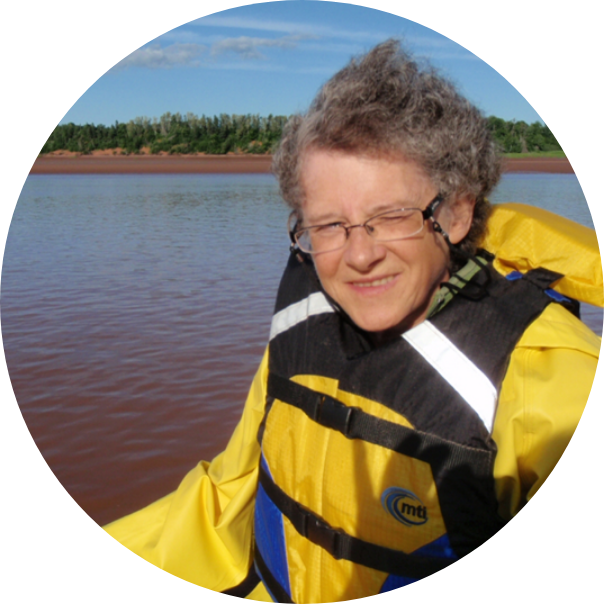
Karin Limburg
Primary Investigator
Karin is a Distinguished Professor in the Department of Environmental and Forest Biology at the SUNY College of Environmental Science and Forestry. Karin received her bachelor’s degree from Vassar College, a Master of Science at the University of Florida, and Ph.D. at Cornell University. Interested in the nexus of humans and nature, Karin’s studies have tended toward the transdisciplinary, but ecology has remained the central focus.
Karin is also a visiting professor at the Department of Aquatic Resources, Swedish University of Agricultural Sciences. Currently she serves as president of the International Fisheries Section of the American Fisheries Society, and is a member of the GO2NE working group.
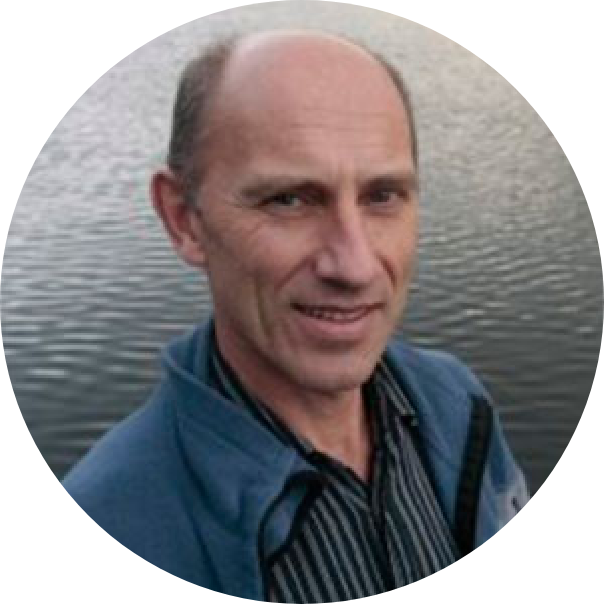
Dag Aksnes
Primary Investigator
Dag is a professor in the Department of Biological Sciences at UiB and is currently engaged in a research program investigating to what extent mesopelagic fishes contribute to the biological carbon pump. Diel vertical migration (DVM) patterns of these fishes are known to correlate with both the oxygen- and the light-regime. HypOnFjordFish, where we investigate mesopelagic fjord basins with different oxygen contents, provides a unique opportunity to disentangle effects of oxygen and light on DVM patterns.
Knowledge on how the oxygen and light regimes affect the migration amplitude and the fraction of individuals that migrate is crucial for global models that calculate the effect of mesopelagic fish migration on carbon sequestration.
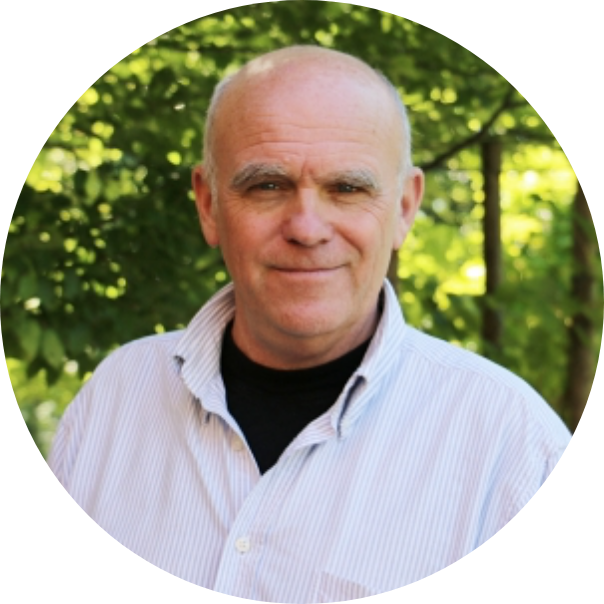
Stein Kaartvedt
Primary Investigator
Stein is a professor in the Department of Biosciences at the University of Oslo in the section for Aquatic Biology and Toxicology. His research focuses on diel vertical migrating organisms and how light affects distribution and behavior of diel vertical migrators. He primarily uses acoustics and net-based sampling to study mesopelagic organisms.
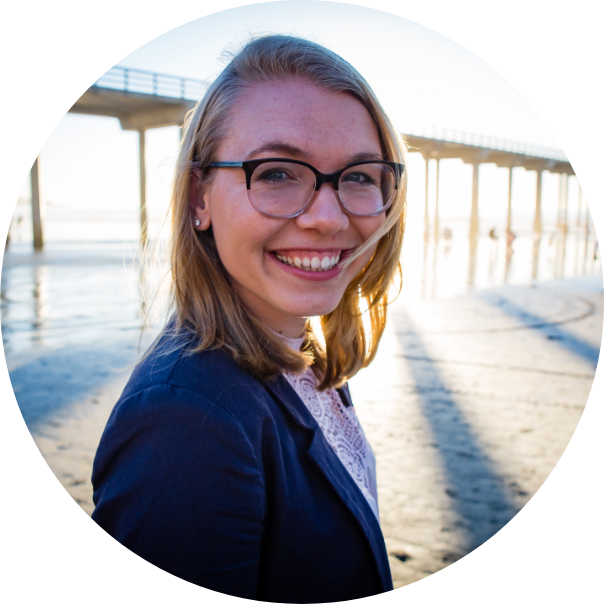
Natalya Gallo
Post-Doctoral Researcher
Natalya received her Bachelor of Science degree in Ecology and Evolution from the University of Maryland, and her Master’s in Marine Biology and Ph.D. in Oceanography from the Scripps Institution of Oceanography at UC San Diego.
Her overarching interest is in how climate change impacts fish communities and fisheries and how scientific research can support sustainable ocean management and development.
As part of HypOnFjordFish, she will study the effects of deoxygenation on deep sea fish community ecology and examine if deep sea fish otoliths record previous period of hypoxia in the fjords.
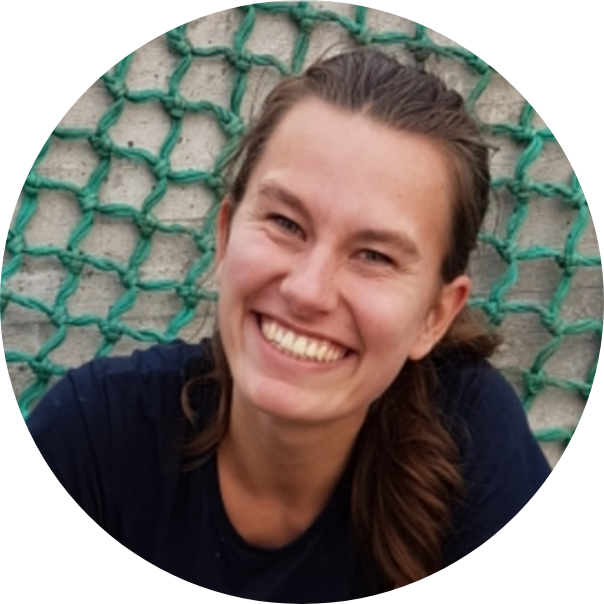
Martine Røysted Solås
PhD Student
Martine’s interests within ocean science center around how organisms and ecosystems are influenced by environmental variables and anthropogenic pressures.
In her PhD project, she aims to get a better understanding of how mesopelagic fish will respond to ocean deoxygenation.
Her focus will be on their vertical distribution and migration behaviour, growth and trophic interactions with piscine predators. Her methods include working with acoustic data from echosounders, estimation and measurements of underwater light conditions, trawl catch processing and otolith work.
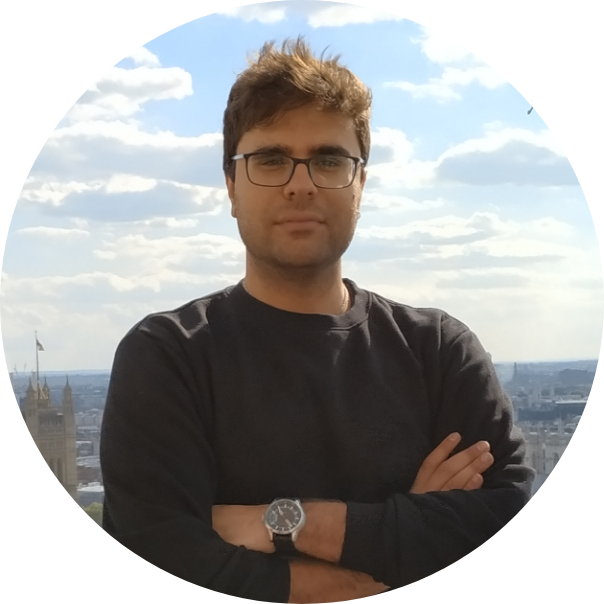
Francesco Saltalamacchia
PhD Student
After receiving a master’s degree in marine ecology from the University of Rome “La Sapienza,” Francesco acquired a background in fishery science by working for the Swedish University of Agricultural Sciences.
His PhD project at the University of Bergen aims to assess how water deoxygenation affects life-history and physiological traits of mesopelagic fish.
Most of his past and current projects involve the study of otoliths. His main interest is to produce knowledge that can be used for the conservation and sustainable management of fish populations.
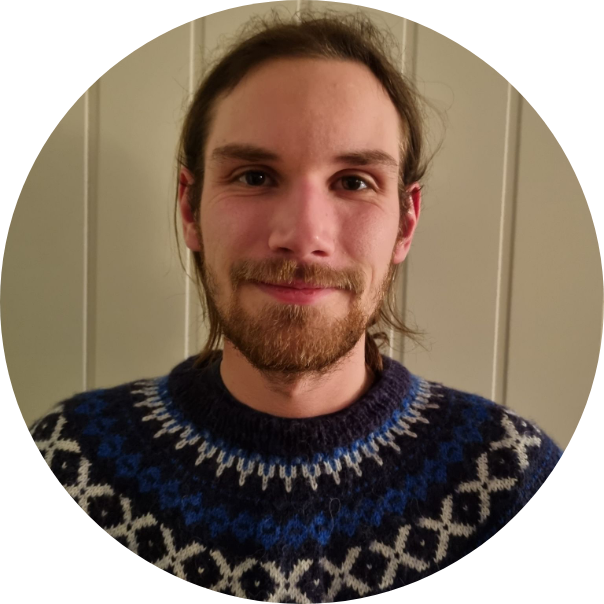
Øivind Andersen
graduate student
Øivind Andersen is a master student in Marine biology at the University of Bergen, who has always had a fascination for the life in the ocean.
His main interest is in the biology and ecology of marine teleosts. In recent time he has had an increasing curiosity on the relationship between parasites and their fish hosts.
He is currently doing his master’s thesis in HypOnFjordFish, on the relationship between Sarcotretes scopeli and its host–Benthosema glaciale.
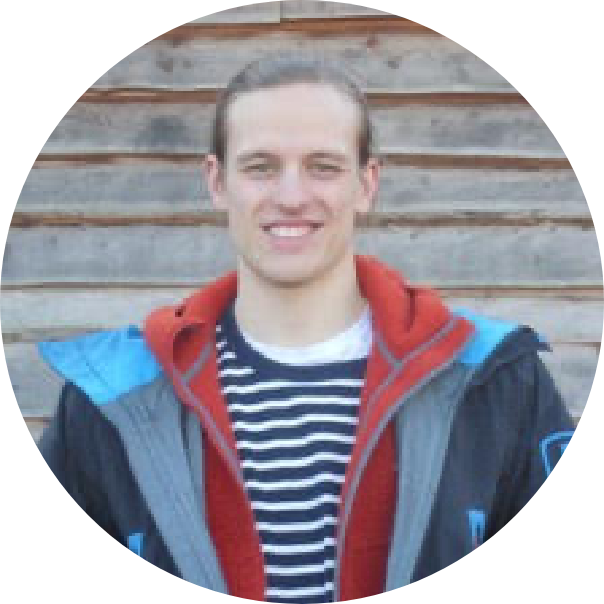
Carl Bukowski
graduate student
Carl received his Bachelor degree from the Freie-Universitaet-Berlin in 2019, where he focused on studying the role of transgenerational plasticity in marine stickleback in eco-evolutionary-dynamics of Wadden Sea communities.
He joined the HypOnFjordFish-Project as an intern and focused on investigating the effect of hypoxia on the mesopelagic fish species Benthosema glaciale by comparing two populations and looking at otolith metrics and life history traits. For his Master’s work, he will explore the effects of hypoxia on three dominant species of crustaceans in Norwegian fjords to examine changes in their role in the fjord food web under hypoxic conditions.
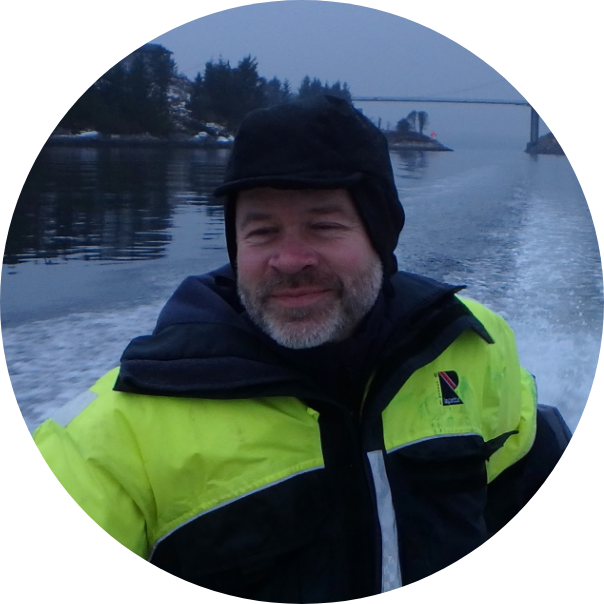
Frank Midtøy
Chief Engineer
Frank is a chief engineer in the Department of Biological Sciences at UiB in the Fisheries Ecology and Aquaculture research group. He primarily contributes to HypOnFjordFish during cruises, through field activities, and experiments with live fish.
He has 1,200 days of experience on research vessels and over 25 years’ experience conducting lab experiments with fish.
In addition, he is the head of the live animal facilities and member of the animal welfare unit at BIO.
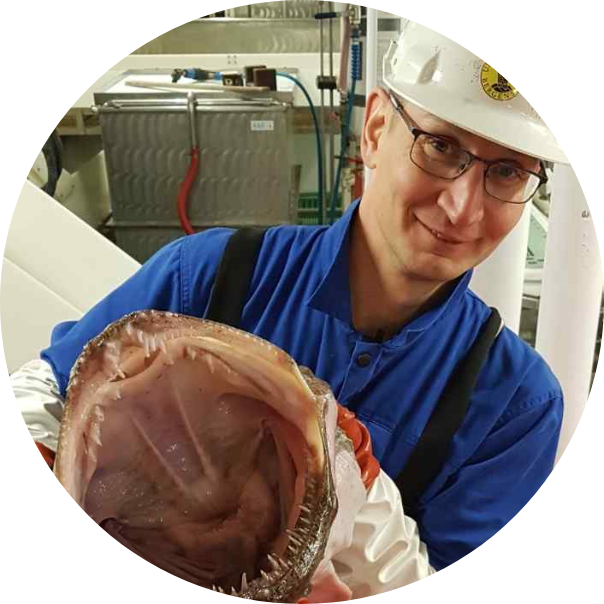
Heikki Savolainen
Head engineer
Heikki is a chief engineer in the Department of Biological Sciences at UiB in the Fisheries Ecology and Aquaculture research group. His contributions to HypOnFjordFish primarily involve assisting during sampling and other field work on the research cruises.
He will also help with the design and implementation of laboratory experiments.

